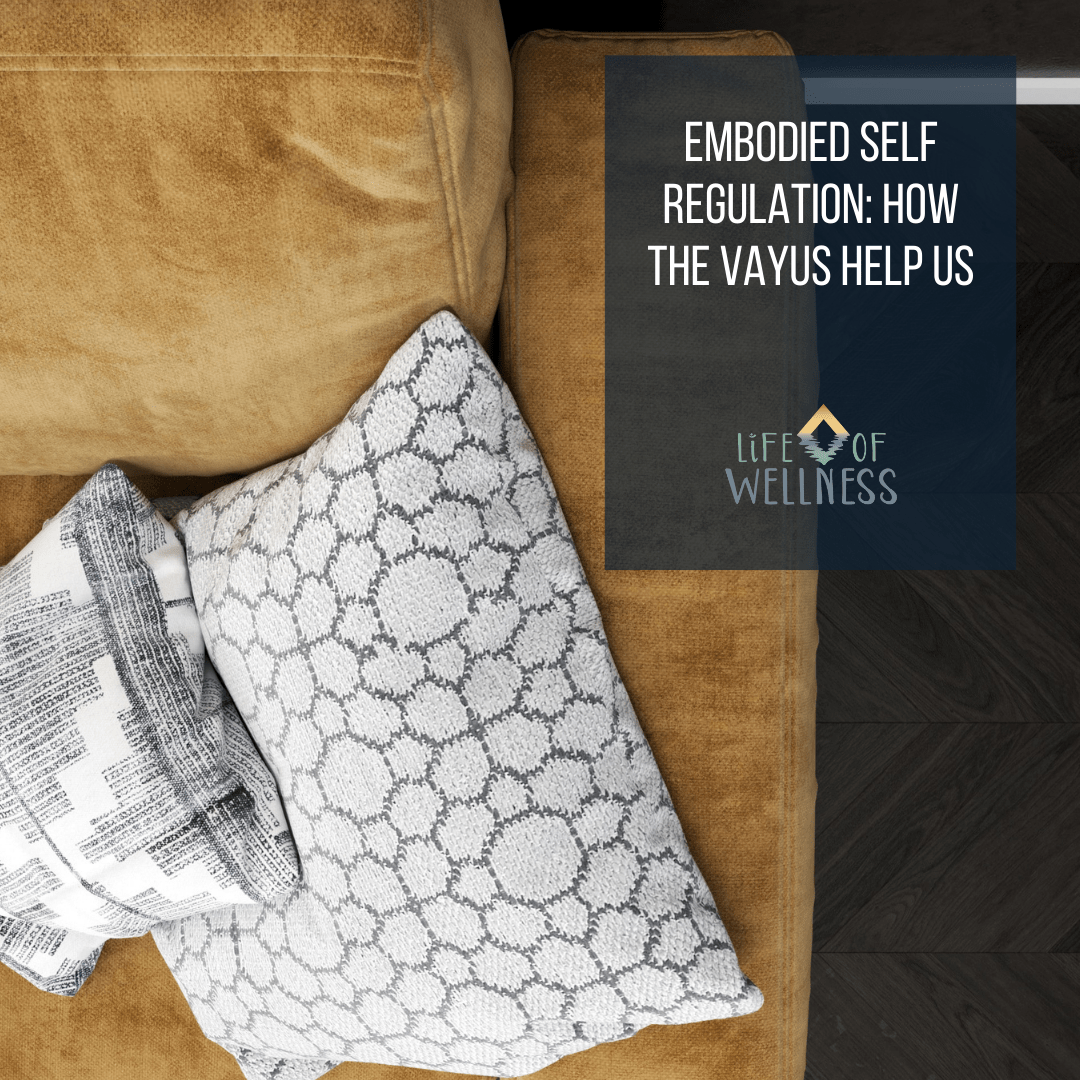This past week, I have felt the stress of managing difficult conversations I have avoided. Sign after sign shining as a reminder of what I needed to face. And I was still looking over and over for ways to avoid it altogether. Yet the effects of avoidance were becoming more complex with every moment. I was living in fear of the actions that I needed to take and fear of the result.
What is it that makes it hard to speak our authentic truth? Why do we find ourselves grappling over our needs and boundaries? And most importantly, how do we get past this and get what needs to be done… done?
I had to listen to what I was feeling and why it felt hard to find the answer.
The cost of avoiding difficult conversations
We can learn so much by looking at what we avoid and how we avoid it. In this experience, doing nothing weighed me physically and mentally. My voice felt suppressed, but I was physically dehydrated, and my throat felt like I needed to dislodge something. I was carrying tension in my neck and shoulders. Thoughts were spiraling in my mind, making it hard to focus.
Instead of managing the difficult conversations, I let them roll around and around in my head. What would happen? Would it go okay? What was the best way to say what needed to be said? My eyes felt tired as they fought for clarity. The more I tried not to think about it, the more I did. The thoughts were like a magnet, something I couldn’t separate from.
Emotionally I was on edge. Each moment I felt like a volcano ready to erupt. As this truth sunk in, I knew I had to act. My inner voice was clear; nothing would change until I did. Handling a difficult conversation requires a few skills, speaking, patience, and empathy, but ultimately, it requires the courage to go ahead and do it.
Have a clear message
Know what you want to say and weed out what isn’t needed. It can also help to consider any workable resolutions you can propose. Is there one option or multiple ways to solve the issue? This was a question I had to grapple with and know what was workable for me.
Be Clear and Prepared.
Once you know what you want to say, practice with a friend—allow feedback on the message you are conveying. This helped me be sure my message was what I intended. Being prepared also makes it easier to present reactions and responses during the conversation.
Managing emotions.
Our emotions are already on the surface, often ready to boil over, so give yourself space to be calm. For me, I took a walk and had some quiet time. Then, I chose a peaceful place to be. Every decision made would provide me with space to be ready. I picked a park for a walk, took a mindful breath, and got some fresh air. Finally feeling calm, I found a place to sit down and dial the phone.
Ask for permission.
Just because it is a good time for you doesn’t make that accurate for another. So we let the person know we want to have a conversation and share what it is about. Then give the person an opportunity to tell you if now is the right time. This effort to hold space for their autonomy, for them to feel comfortable saying if they need time to prepare or feel that now is a time they feel settled to have the conversation builds trust and can remove unnecessary complications.
Be comfortable with silence.
There are moments in all conversations where silence occurs—this can be very uncomfortable. However, this space can be needed to give room to process or let something settle. Instead of trying to fill this time in, we used it to focus on our emotions, to take a few deep breaths, or even an opportunity for empathy.
Own only what is yours.
We have all reacted poorly before. Said things we didn’t mean that were hurtful. We can empathize with someone’s reaction, knowing we have been there too. This can help us not take in a reaction or response that isn’t workable. When we face their anger, blame, and all other reactions with this empathy, we hold space for resolution over guilt and shame. Instead of reacting to their words, acknowledge the person before you while maintaining your boundaries. My go-to for this moment is, “I can see you are upset. Would you like to take a break?”
Let difficult conversations become complete.
Ultimately, I can only be with my actions and be at peace. No matter how it goes, I need to allow for resolution. For instance, I can let go of what I didn’t say and what I didn’t do. Above all, the result is not essential for me to be complete. Peace of mind is made by acknowledging anything left and actively forgiving.
Continue reading Life of Wellness Blog
Disclaimer:
No content on this site, regardless of date, should ever be used as a substitute for direct medical advice from your doctor or other qualified clinicians.




can I be subscribed to your news letter or magazines please
I have learned a great deal
It is wonderful to hear that you are benefiting from our blog. You can subscribe here https://www.lifeofwellness.ca/#subscribe-now